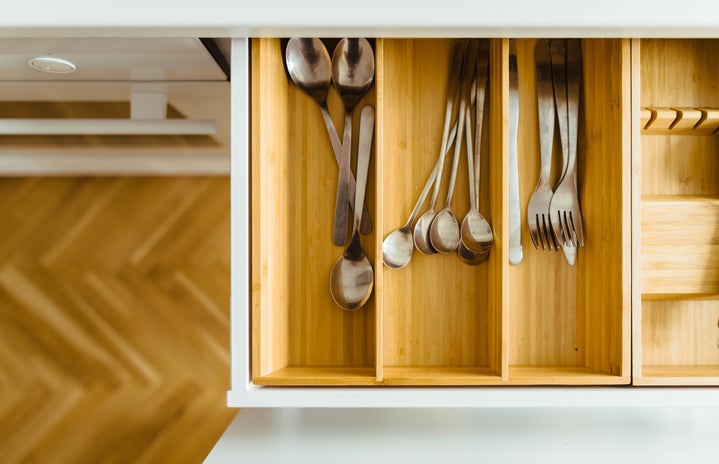This past week at Northeastern University was Food Justice Week, brought to you by Slow Foods NU. The week held events such as speakers, trips, and activities all focused on educating you about where your food really comes from to help you develop smarter eating habits. Slow Foods NU is a club on campus that strives to educate about the interconnectivity of the food world. Although I had seen a few things about it around campus I still wasn’t quite sure what it was… until I went to one of the speakers.
Daniel Fireside, a representative from Equal Exchange was one of the speakers. Equal exchange is a business focused on reemphasizing the importance of the small farmer by giving them as much power and profits in the production of their produce as possible. They cut out the middleman so that the small farmer receives more. That’s when I realized that I rarely know where my food is coming from.
Maybe a lot of it is my own lack of research but I attribute a lot of it to the food industry. It’s hard to find out where you get your food, to know who’s being exploited or what’s made naturally. Also, because there’s a huge craze around organic/local food, many companies will put a false label just to jump on the bandwagon and satisfy consumers. The biggest issue, though, is that we have to eat. We’re human, so it’s virtually impossible to cut out all “corrupt” food out of our diet. Most of us can’t sustain off of 100% organic food, nor can we afford it. Most of us can’t know exactly where all our food is coming from. And most of us don’t have time to analyze everything we put into our mouths. That’s the honest truth.
So if it’s so hard, why bother? I’m not saying you need to fly to Guatemala and hand pick your own fruit, and I’m certainly not trying to lecture – because I’m the worst culprit of them all. However, Food Justice Week got me thinking that eating right isn’t about being perfect, but its about at least trying. It’s about doing little things to support the cause. Not only will this benefit the small farmer, but also it will benefit your health. I’ve listed a few small changes you can make that won’t break the bank and won’t be an inconvenience but will still make a big difference. It may seem daunting but really anyone can do it!
1. Trade Starbucks for Equal Exchange: I love my Starbucks as much as the next girl, but it won’t hurt if once and awhile you head to the Equal Exchange café. You can still enjoy your Starbucks but it’ll be a worthwhile T-trip to support this company and enjoy the high quality coffee.
2. Look for the Fair Trade Label: When grocery shopping look for coffee, produce, coffee and tea with a “Fair Trade” label.
3. Try Local: Try locally grown foods instead of big brands. Also try checking out local Farmers Markets when in season, they are a great way to get locally grown food and tons of fun.
4. Try Organic: Now-a-days you don’t have to go out of the way to find organic foods. It won’t hurt every now and again to check it out.
5. Try Meatless Mondays: I’m not saying to become a vegetarian all together (I totally understand your love of bacon), but if you give up meat just one day a week it makes such a difference.

